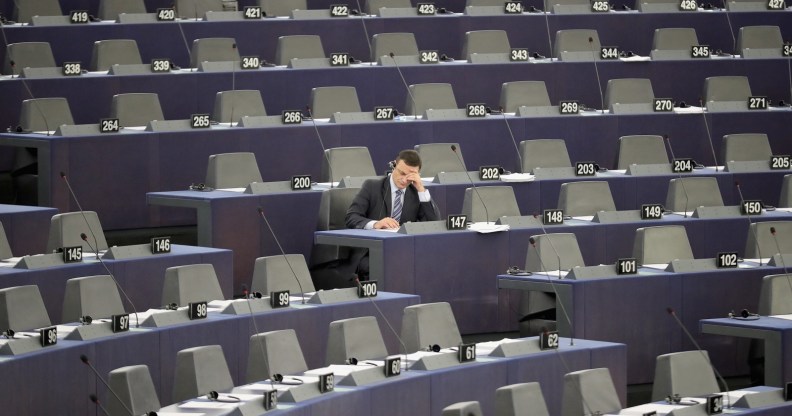European LGBT rights activists fear setbacks without UK’s ‘voice for progress’

European LGBT rights network ILGA-Europe has expressed sadness that “the UK will no long be a voice for progress in the European Union”.
The UK narrowly voted in a referendum this week to leave the EU – with 17,410,742 (51.9%) votes to leave, and just 16,141,241 (48.1%) votes for remaining.
Prime Minister David Cameron, who had fought passionately for the UK to stay in the EU, resigned this morning, saying the country must take a “different path”.
In a statement, the European branch of the International Lesbian, Gay, Bisexual, Trans and Intersex Association expressed sadness that the UK’s voice would no longer be heard on LGBT rights issues within the EU.
The statement said: “The UK and the EU have a long history of complementing and building on the work of the other when it comes to advancing LGBTI equality. Anything that limits this shared work is clearly a concern for us.
“[We] have always strongly believed in the power of activists and allies to work together for a common goal, namely to improve life for LGBTI people across Europe.
“Over our 20 year history, we have supported the work of our dedicated UK membership, and learnt just as much from them in return.
“So, as a European network of human rights activists, we naturally regret the fact that the UK will no long be a voice for progress in the European Union.”
It continues:”The message that must be taken from the UK referendum result is the need for more solidarity, not less. For greater compassion, not concentrating on what divides us. For celebrating our common humanity, not withdrawing to an insular worldview.
“Human rights organisations must come together to articulate a clear vision for the sort of Europe we want, one that is based on our shared vision of social justice, equality, freedom and diversity.
“We are not just talking about the LGBTI movement, but all human rights and equality groups, whether that is the women’s rights movement, environmental initiatives, development organisations, or sexual health and reproductive NGOs.
“More than ever, we all need to come together, standing stronger and more unified in our resolve to translate this vision into reality.”

